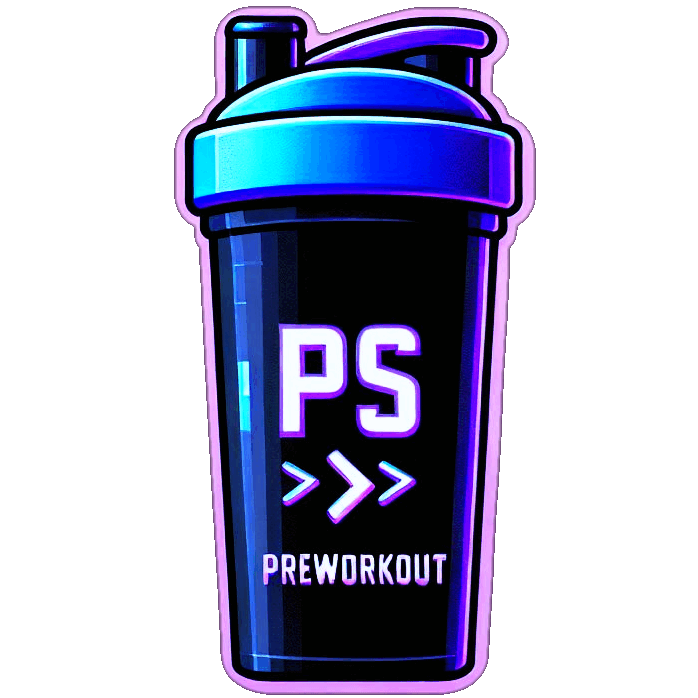A special mix of tools to help jump start your PowerShell session!
Why PSPreworkout? Whether you are developing PowerShell code or performing daily tasks, the goal of PSPreworkout is to start working efficiently as quickly as possible. The idea for the name was inspired by the pre-workout mix that I sometimes drink for an extra kick of energy and focus before working out.
The PSPreworkout module contains shortcuts for setting up a PowerShell environment, configuring Git, customizing the shell, working with environment variables, creating new script files from a template, updating packages, and more!
Install-Module -Name PSPreworkout -Scope CurrentUser
Get-Command -Module PSPreworkoutPlease feel free submit an issue or a PR to report bugs, suggest improvements, or add new ideas to the module!
- PSPreworkout Module Walkthrough at the PowerShell Usergroup Inn-Salzach - Thanks to the Inn-Salzach PowerShell User Group for inviting me to share my first public presentation!
⤵️ Full List:
Edit the PSReadLine History File
Edit the WinGet settings file.
Retrieves the value of an environment variable.
Get all assemblies loaded in PowerShell.
Download a portable version of PowerShell to run anywhere on demand.
Get available type accelerators.
Initialize configuration your PowerShell environment and git.
Install and setup the WinGetCommandNotFound utility from Microsoft PowerToys.
Install Oh My Posh and add it to your profile.
Install the Windows PowerShell ISE
Install Winget (beta)
Create a new secure credential.
Create a new advanced function from a template.
Convert an object to JSON and write it to a file.
Set the font for your consoles.
Configure the default terminal for Windows
Set environment variables.
Show all assemblies loaded in PowerShell.
Show an object without its empty properties.
Check if you are running an elevated shell with administrator or root privileges.
Update all the things!








